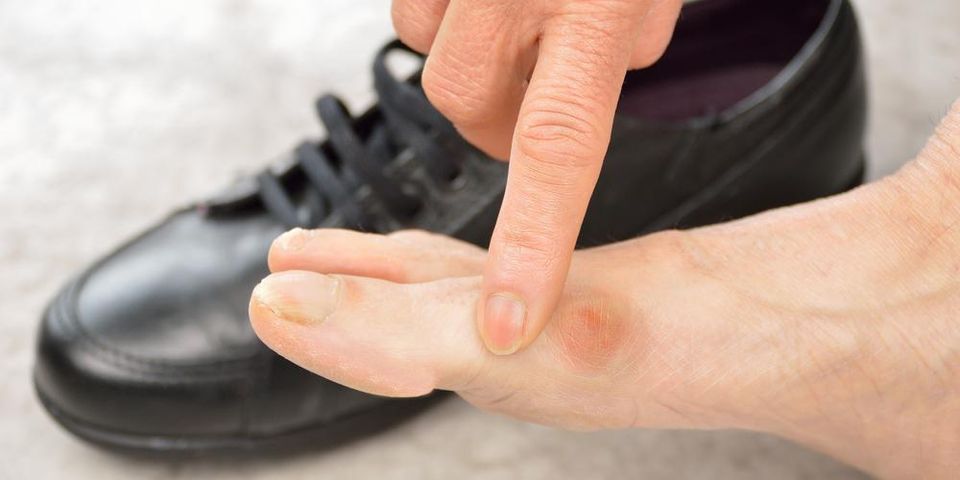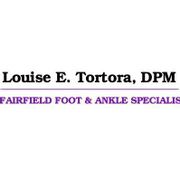Fairfield Podiatrist Explains When You Might Need a Bunion Treatment

Bunions are small, bulging bumps that develop on the joint between the big toe and the foot. Although anyone can develop this bony abnormality and require bunion treatment, some people are more likely to get them than others. Below, Louise E. Tortora, DPM, a podiatrist in Fairfield, CT, explains some of the most common causes of the condition, so you know whether you are at risk.
How Do Bunions Develop?
Tight Shoes
 Women are more likely to develop bunions than men because they tend to wear tight shoes that crowd their toes. Wearing high heels and ill-fitting shoes is not conducive to your overall foot health, so try to purchase shoes that fit properly and do not sacrifice function for form. Additionally, if you do get bunions at some point, wearing tight or ill-fitting footwear can worsen them, so your doctor will likely advise you to avoid wearing certain kinds as a result.
Women are more likely to develop bunions than men because they tend to wear tight shoes that crowd their toes. Wearing high heels and ill-fitting shoes is not conducive to your overall foot health, so try to purchase shoes that fit properly and do not sacrifice function for form. Additionally, if you do get bunions at some point, wearing tight or ill-fitting footwear can worsen them, so your doctor will likely advise you to avoid wearing certain kinds as a result.
Arthritis
People with certain medical conditions, including rheumatoid arthritis, gout, and psoriatic arthritis, are more prone to developing bunions. These conditions cause inflammation that affect the joints in the feet, making them more vulnerable to complications like bunions.
Family History
Inheriting a certain foot shape or having minor congenital deformities can increase the chances of developing bunions at some point. If other members of your family have poor foot structure or weak feet and have needed bunion treatment as a result, you might also be at risk of the condition.
If you suffer from bunions and they are affecting your everyday life, turn to Louise E. Tortora, DPM. Dr. Tortora and her knowledgeable team are happy to treat patients of all ages who have foot concerns. To explore the quality foot care she provides, visit her website. You can make an appointment in Fairfield to discuss your bunion treatment options by calling (203) 254-0093 today.
About the Business
Have a question? Ask the experts!
Send your question

